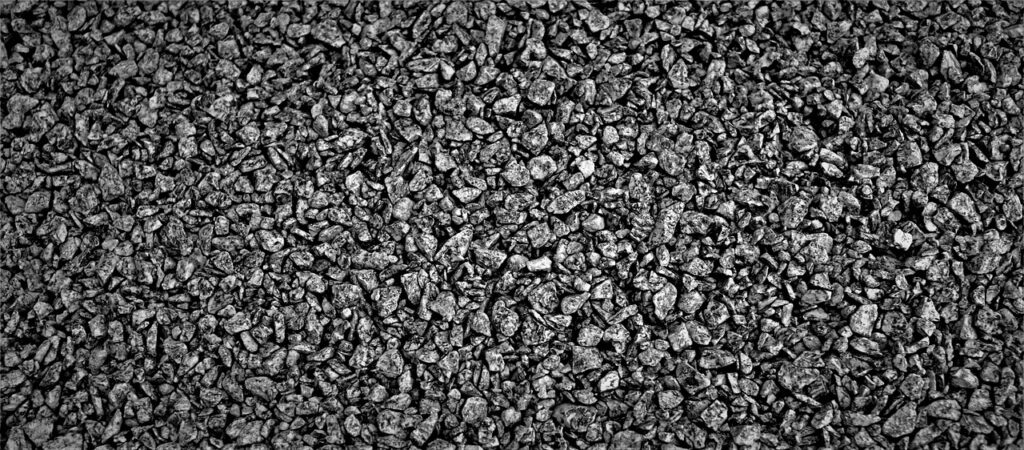How are the roads and highways where you live? If they’re anything like the typical roads and highways found worldwide, they have potholes, ruts, and cracks. With over 1.3 billion cars, trucks, and buses worldwide and a combined automobile manufacturing industry valued at over $6 trillion ($9 trillion by 2030), a lot rides on the quality and safety of our roads and highways. Asphalt testing using industrial lab ovens is a critical step in constructing roads and highways that maximize performance even under adverse conditions.
But building today’s roads and highways that maximize performance is easier said than done. In addition to meeting a broad range of load expectations, today’s roads and highways must endure a wide variety of local weather conditions. Rain, ice, and snow can wear down the top layer of a thoroughfare over time, exposing its concrete bases and creating ruts and cracks. That, in turn, can also create potholes—among the leading causes of car, truck, and motorcycle accidents and vehicle damage in cities worldwide, such as New York, Boston, and San Francisco.
Asphalt Testing Helps Boost Safety and Performance
Most roads and highways are built in layers. A typical road or highway features road bases or courses, which serve as bottom layers, and second or binder course layers, which act as middle and top layers. Highway engineers use this approach to accommodate the different loading expectations and local weather. Other properties to be considered are coarseness, fineness, angularity, flatness, elongation, and clay content. Highway engineers, however, often cover their roadways with asphalt to boost safety and quality. Asphalt repels water, ice, and snow and redirects it into drains and culverts, boosting performance.
Asphalt works well as a binder when laying down load-supporting surfaces. Binder properties determine how well asphalt will act as a constituent in asphalt concrete. Asphalt is a naturally occurring substance and a manufactured material made using crude oil. This black, sticky liquid or petroleum byproduct must be heated to very high temperatures to be used as a binding medium when laying down load-supporting surfaces. Driveways, parking lots, airport tarmacs, embankment dams, and rooftops also use this durable, waterproof binding substance to prevent surfaces from deteriorating.
Asphalt testing is a critical part of asphalt production. Asphalt manufacturers heat and dry asphalt mixture samples to determine moisture content in the mix as part of the quality control process during road construction and repair. Asphalt samples are heated to a temperature of 163°C ±14°C (325°F ±25°F), dried and tested. High moisture content in the aggregate before mixing can lead to poor roadbed strength and increased potential for creating potholes—the bane of the auto industry. The air and pavement temperatures can also affect the compacting of the materials and their long-term durability when laying down new highways or roads.
Industrial Lab Ovens are Essential
Manufacturers of asphalt and the Department of Transportation (DOTs) for many states use laboratory ovens for testing asphalt moisture samples. Lab ovens are, in fact, essential equipment in asphalt testing. Used to simulate the conditions that asphalt mixtures are exposed to during construction and service life to evaluate their performance characteristics.
Here are some ways that industrial or lab ovens are used in asphalt mixture testing:
- Drying and Heating: Before conducting performance tests, asphalt mixture samples must be prepared by drying and heating them to a specified temperature. Industrial or lab ovens are used for this purpose, as they can maintain precise temperature control and ensure consistent drying and heating of samples.
- Aging: Asphalt mixtures undergo a process of natural aging over time, which can affect their performance characteristics. To simulate this aging process in a laboratory setting, industrial or lab ovens subject the samples to high temperatures for a specified period.
- Performance Testing: Once the asphalt mixture samples have been prepared and aged, they are tested for various performance characteristics, such as stiffness, fatigue resistance, and rutting. During these tests, industrial or lab ovens are used to maintain the samples at the required testing temperature.

The Despatch LBB Forced Convection benchtop lab oven is ideal for asphalt mixture testing. It features a combination of horizontal and vertical airflow that provides excellent temperature uniformity at a moderate price. The LBB lab oven also features fast heat-up rates, precise digital controls, and reliable and trouble-free performance. It’s in the laboratory that new types or mixes of asphalt are thoroughly vetted before being used in multi-million-dollar projects. (This lab oven is also recommended for a variety of laboratory and production applications, including drying, curing, annealing, and materials testing.)
The number of cars, trucks, and buses on our roads and highways increases yearly. Total new-vehicle sales last year were 84 million. Navigant predicts that annual sales could soar to 127 million by 2035–bringing the global vehicle total to 2 billion or more. The advent of driverless cars will be a significant factor in this growth. With so much riding on our roads and highways, they must perform at their best. Asphalt testing using industrial lab ovens is critical in producing roads and highways that maximize quality, safety, and longevity.






